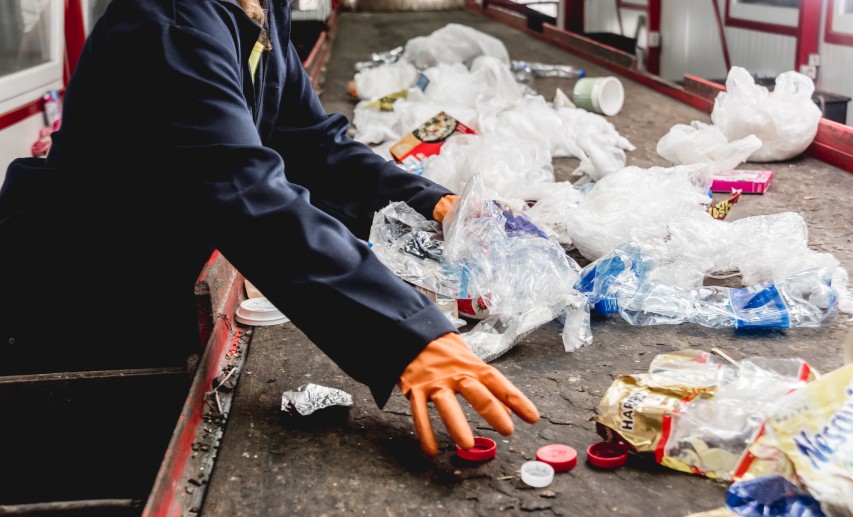01 July 2022 | Position
LanguageDEThis joint position paper by PED and VCI identifies the framework conditions under which chemical recycling can play an important role in a comprehensive circular economy.

Chemical recycling is currently attracting a great deal of interest from politicians, administrators, scientists and industry, as it has the potential to make a decisive contribution to achieving the goal of greenhouse gas neutrality as a building block of a circular economy. This is because chemical recycling is a promising solution to recycle a wide range of plastic-containing waste that so far cannot be recycled. The technology shows promising results in terms of sustainability, especially when the alternative for the waste stream would otherwise be incineration. In this way, chemical recycling technologies, in combination with classic mechanical processes, make a decisive contribution to achieving the climate and circular economy goals of the EU Green Deal and the EU Circular Economy Action Plan. The German government is aiming towards strengthening the circular economy and therefore takes up chemical recycling in the coalition agreement.
This position paper by PlasticsEurope Deutschland (PED) and VCI identifies the framework conditions under which chemical recycling can play an important role in a comprehensive circular economy, the steps that need to be taken by all stakeholders and how the industry can thus contribute to achieving climate and circular economy goals.
Key messages
- The circular economy is an essential contribution to achieving the goal of greenhouse gas neutrality.
- The industry's goal is to increase the amount of waste recycled in Germany and Europe.
- Chemical recycling is an important addition to existing recycling processes.
- By complementing mechanical recycling with chemical recycling processes, national and European recycling targets can be achieved.
- Chemical recycling allows plastic waste to be recycled that could not be recycled previously.
- Chemical recycling processes are suitable for a wide range of waste types.
- Chemical recycling processes can remove interfering substances from the carbon cycle.
- Recyclates from chemical recycling offer the same quality as products made from fossil raw materials and can be used in a wide range of applications (e.g. in medicine and food packaging).
- The quality of chemical recycling processes can be further optimised by expanding the sorting of waste.
- Legal framework conditions must be created for the crediting of chemical recycling processes to the legal recycling quotas in order to create incentives for further investments.
- The industry is working on solutions to issues of certification, standardisation, mass balancing and life cycle assessment of chemical recycling processes.
- Support is needed in research, development and commercial testing, especially in the establishment of demonstration plants and regulatory sandbox projects.
- Investments in chemical recycling facilities should be incentivised by means of Climate Change Differential Contracts (CCfD) that address both operating and investment costs.
Downloads
-
Joint position by VCI and PED: Chemical recycling as a building block of a circular economy
PDF | 195 kB | Version as of: 04 April 2022